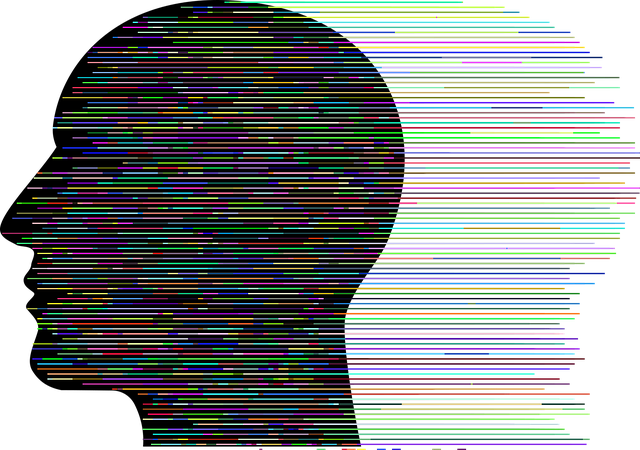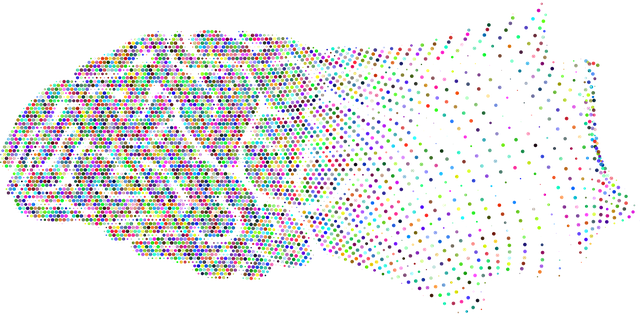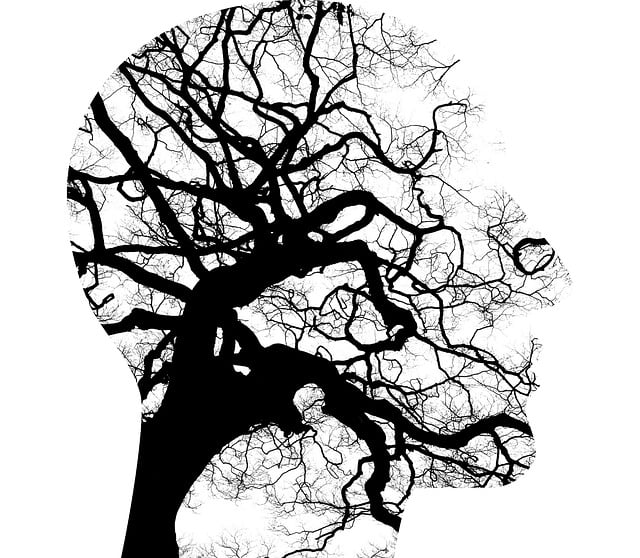Lone Tree Adolescent and Teen Therapy prioritizes cultural competency in healthcare, recognizing its vital role in improving patient satisfaction and mental health outcomes for diverse teenagers. They equip their professionals with training to navigate language barriers, understand privacy expectations, and respect different wellness approaches, while fostering conflict resolution skills. This holistic approach includes self-awareness exercises, role-playing scenarios, and ongoing support, preparing them to address unconscious biases and create inclusive environments. Evaluating the success of their programs through both quantitative and qualitative methods shows improved patient outcomes and continuous learning within the community.
In today’s diverse healthcare landscape, cultural competency is no longer an optional skill for providers. This comprehensive guide explores the vital role of cultural competency training in improving patient outcomes, particularly within teen therapy settings like Lone Tree Adolescent and Teen Therapy. We delve into the impact of unaddressed cultural biases, provide practical strategies for enhancing sensitivity, and offer measurable methods to evaluate training effectiveness, guiding healthcare providers towards more inclusive practices.
- Understanding Cultural Competency in Healthcare: A Need for Change
- The Impact of Cultural Biases on Teen Therapy at Lone Tree Adolescent and Teen Therapy
- Designing Effective Training Programs for Healthcare Providers
- Practical Strategies to Enhance Cultural Sensitivity in Clinical Settings
- Measuring Success: Evaluating the Effectiveness of Cultural Competency Training
Understanding Cultural Competency in Healthcare: A Need for Change

In today’s diverse healthcare landscape, cultural competency is no longer an optional skill but a necessity. Lone Tree Adolescent and Teen Therapy understands this crucial need for change within the medical community. Cultural competency refers to the ability to recognize, appreciate, and respect individuals from different cultural backgrounds, ensuring their unique needs are met with sensitivity and understanding. It involves recognizing that every patient brings their own set of beliefs, values, and practices shaped by their culture, which can significantly impact healthcare interactions and outcomes.
This concept is vital for building trust between healthcare providers and patients, especially considering the potential language barriers, different expectations around privacy, and unique approaches to health and wellness that exist across cultures. By fostering cultural competency, Lone Tree Adolescent and Teen Therapy aims to improve patient satisfaction, enhance communication, and ultimately contribute to better mental health outcomes, encouraging positive thinking and self-care routine development. Moreover, it equips healthcare professionals with conflict resolution techniques to navigate sensitive situations effectively.
The Impact of Cultural Biases on Teen Therapy at Lone Tree Adolescent and Teen Therapy

Cultural biases can significantly impact therapy sessions, especially when working with teenagers. At Lone Tree Adolescent and Teen Therapy, professionals must be aware of their own unconscious preconceptions to provide effective support for young individuals from diverse backgrounds. Cultural competency training equips therapists with the skills to recognize and address these biases, ensuring a safe and inclusive environment for all teens.
Inaccurate assumptions about a teen’s background or experiences can hinder progress in therapy. For instance, a therapist might unconsciously project their own cultural norms onto a client, leading to misunderstandings. By engaging in self-awareness exercises and staying informed through public awareness campaigns development, therapists at Lone Tree Adolescent and Teen Therapy can foster genuine connections with their patients. Additionally, the production of mental wellness podcast series can further enhance understanding and open discussions on cultural sensitivity within the community.
Designing Effective Training Programs for Healthcare Providers

Effective training programs for healthcare providers should be designed with a holistic approach, encompassing various aspects of cultural competency. At Lone Tree Adolescent and Teen Therapy, we recognize that fostering empathy and understanding requires more than just knowledge transfer. Training sessions should include interactive components such as role-playing scenarios, case studies, and group discussions to engage participants actively in the learning process. This hands-on approach allows providers to apply concepts related to Compassion Cultivation Practices, Inner Strength Development, and Coping Skills Development in realistic contexts.
By incorporating diverse perspectives and experiences into the curriculum, training programs can effectively prepare healthcare providers to navigate complex interpersonal dynamics with sensitivity. It is crucial to provide ongoing support and opportunities for reflection, ensuring that learners integrate acquired competencies into their clinical practice. Regular feedback mechanisms and peer-to-peer learning sessions can significantly enhance the effectiveness of training, enabling professionals like those at Lone Tree Adolescent and Teen Therapy to offer culturally sensitive and compassionate care to their patients.
Practical Strategies to Enhance Cultural Sensitivity in Clinical Settings

In clinical settings, enhancing cultural sensitivity is paramount for delivering effective healthcare. Lone Tree Adolescent and Teen Therapy emphasizes practical strategies to foster this, such as ongoing training in emotional intelligence. By equipping professionals with tools to recognize and respect diverse emotional expressions, these sessions promote genuine connections with patients from various backgrounds. Incorporating trauma-support services within this framework enables providers to offer compassionate care, understanding the potential impact of past experiences on an individual’s present.
Effective communication strategies are also vital. Training should include role-playing exercises that simulate cross-cultural interactions, allowing professionals to practice empathetic listening and adapt their communication styles accordingly. This hands-on approach ensures therapists are prepared to address cultural nuances, creating a safer space for patients to open up and share their unique perspectives.
Measuring Success: Evaluating the Effectiveness of Cultural Competency Training

Evaluating the success and effectiveness of cultural competency training is a multifaceted process. At Lone Tree Adolescent and Teen Therapy, we believe measuring progress involves a combination of quantitative and qualitative methods. This includes pre- and post-training assessments to gauge knowledge gain and attitude shifts among healthcare providers. We also gather feedback through self-Awareness Exercises, focusing on personal biases and cultural assumptions, to foster deeper understanding and empathy.
Furthermore, tracking long-term changes in patient outcomes, such as improved access to care, higher satisfaction rates, and better clinical engagement, serves as a powerful indicator of training success. Our Community Outreach Program Implementation plays a crucial role here by ensuring ongoing cultural competency discussions within the community, reinforcing learned concepts, and fostering lasting behavioral changes among participants. Additionally, we leverage the Mental Wellness Podcast Series Production to share real-life examples and case studies, enhancing knowledge retention and encouraging continuous learning.
Healthcare provider cultural competency training is not just a desirable practice but an essential tool to ensure equitable care, as demonstrated by the positive impact on teen therapy at Lone Tree Adolescent and Teen Therapy. By designing effective programs that incorporate practical strategies, we can measure success through evaluation, fostering a more inclusive and sensitive clinical environment. This approach not only enhances patient outcomes but also strengthens the overall healthcare system.














